Closing Down Pools: What It Means to Have You Covered

"In climates like the Northeast," says Michael, "the most important reason for closing a pool is pipes and other pool equipment can freeze in cold months. Part of what we do is administer a chlorine shock, or algaecides, or phosphate remover to the pool water. Then the pool/spa equipment is taken apart and cleaned, drained of water, and underground pipes are blown out so no water can freeze in them."
Because our changing seasons cause a lot of falling twigs and leaves especially in the Fall, a pool cover is imperative, says Michael. "We don't recommend a plain tarp cover that sags under the weight of rain collected on it. We suggest a mesh-type cover that allows rain to seep through it. This does require another step: lowering the pool water level to about 12-18 inches below the coping. Then, as rain water seeps through the mesh cover, the pool can accommodate it."
Our own Bill Renter adds that he finds these mesh covers, such as the Loop Loc brand, are also important to help ensure that no one gains access to the pool when it's unsupervised. The mesh covers are very taught he explains. "A plain tarp type cover that holds water on it will collapse if a pet or child walks on it. But mesh covers, with strong straps to hold them in place, allow for water to drain through into the pool."
"These covers are so taught, they act almost like a trampoline," confirms Michael.
Enjoyed the project?
Comments
Join the conversation
-
 Virginia
on Mar 13, 2017
Virginia
on Mar 13, 2017
Have a mesh, spring-loaded, pool cover. It has lasted many years-worth the investment. With blowing winds and an oak tree nearby though, debris can be wind-driven under the edges of the cover; small twigs can get stuck into the top of the cover and sediment can get through the tiny holes into the bottom of the pool and accumulate over the winter months. As our cover has aged, some of the 'coating' (for lack of a better word) begins to come off the cover. Best advice? Don't have a tree near your pool! Folding that cover up and storing it is labor intensive each season. A pool is wonderful if you don't mind all of the cleaning, chemicals, dipping debris, 'winterizing' it and the pipes each year and children or grandchildren to enjoy the pool. Otherwise, my next house will be 'no pool'. Labor intensive in caring for it as you age!
-
-
 Deck and Patio Company "Outdoor Living Experts"
on Mar 13, 2017
Deck and Patio Company "Outdoor Living Experts"
on Mar 13, 2017
Some good comments. We'll add that, in our area, a lot of our clients ask the pool company we frequently work with to "open" and "close" their pools. This includes all the things you mentioned. But if that is not an option, yes, these projects can be labor intensive (especially if you have trees near the pool) at the beginning and end of the pool season.
-



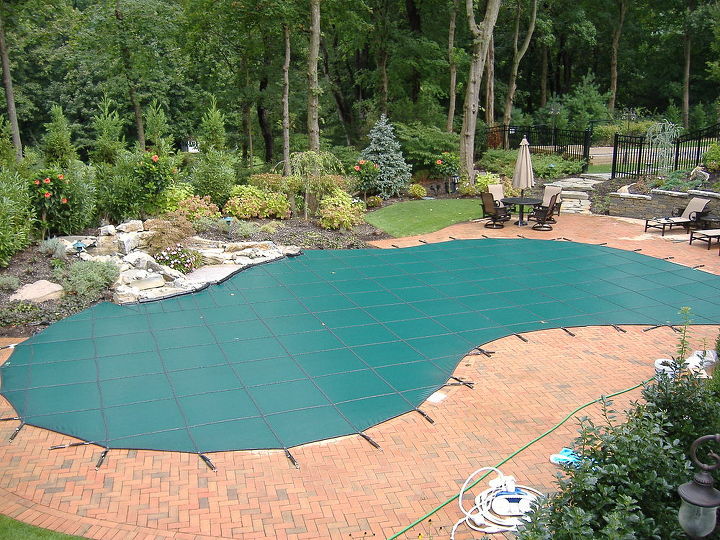



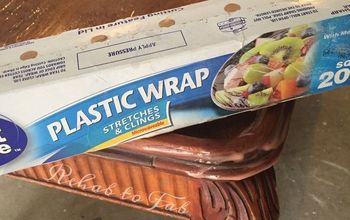




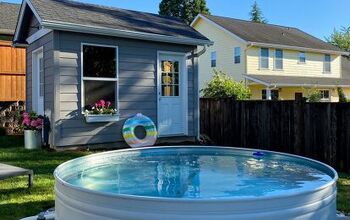
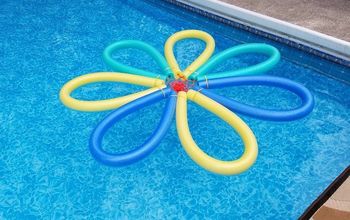
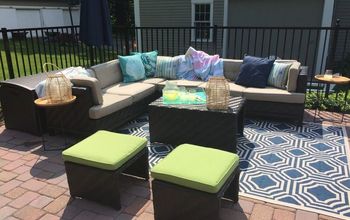
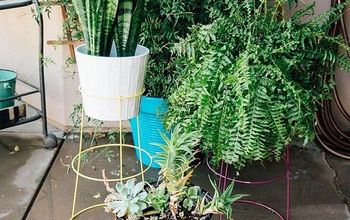
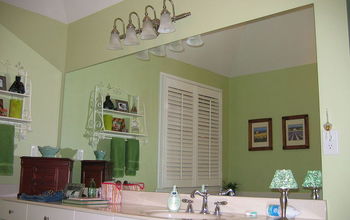
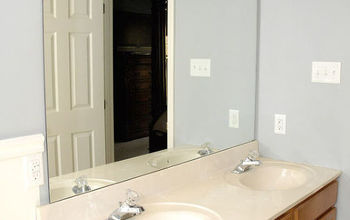

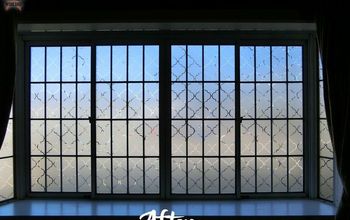
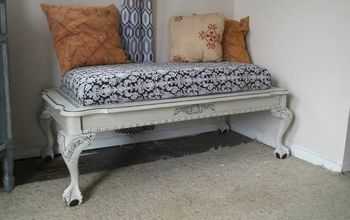

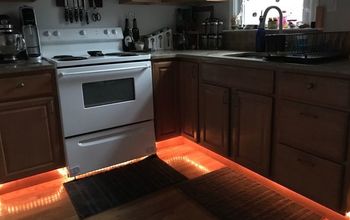

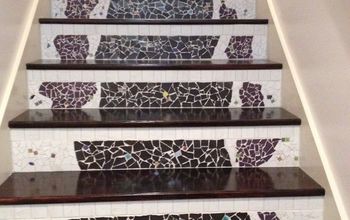
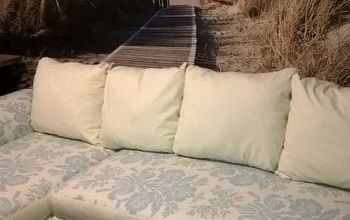
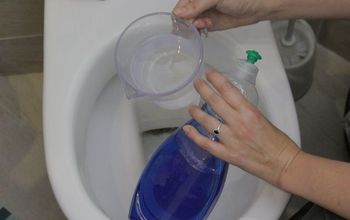
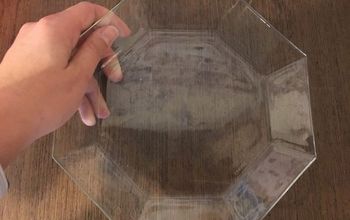
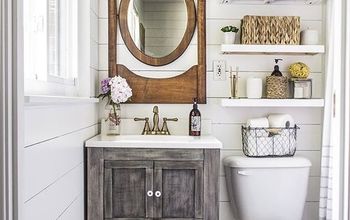

Frequently asked questions
Have a question about this project?